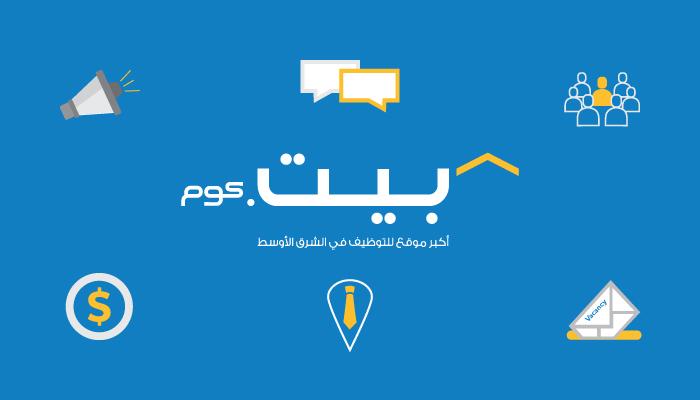
93.8% of professionals in the Middle East and North Africa have a positive outlook on life
The ‘Personal Fulfillment in the Middle East and North Africa’ poll, recently conducted by Bayt.com – the Middle East’s leading career site – has revealed that 93.8% of professionals polled from the Middle East and North Africa (MENA) region have a positive outlook on life, with 56% being “very positive” and 37.8% being “somewhat positive”.
Seven out of 10 professionals polled in the MENA consider themselves fulfilled in life, with 33.4% feeling both professionally and personally fulfilled. Almost one third (29.2%), however, do not feel fulfilled at all. Four out of 5 respondents believe that they are in control of their career and life, with 54.6% believing that they control their career and life “to a great extent”.
Financial worries (29.5%), lack of training and development opportunities (16.3%) and feeling that their job is not suited to them (12.9%) are the most prominent reasons keeping MENA respondents from feeling fulfilled. Other factors that prevent them from feeling fulfilled include a poor work environment (10%), bad management (7.3%) and a poor work-life balance (7.2%).
32.6% of those polled in the MENA said that a better work-life balance would cause them to feel more fulfilled overall. This is followed by better pay (16.8%) and a better social life (13.2%).
The majority of polled professionals (27.1%) prefer to spend their free time reading. 41% of those who prefer to read say that the activity enriches them both personally and professionally. For 9.7%, reading is a form of entertainment, while 4.4% feel that reading de-stresses them. On the other hand, 19.6% prefer to spend their free time with family. 12.2% spend their free time working more and 8.7% spend it with friends or exercising (7.1%).
The majority (97.2%) of polled professionals consider themselves to be healthy, with 75% believing themselves to be “very healthy”, while 22.2% think of themselves as “moderately healthy”.
Still, 70.8% of polled professionals in the MENA say that they experience stress on a daily basis, with 28.8% feeling “very stressed” and 42% feeling “somewhat stressed”. 29.2% of polled professionals experience no stress at all.
More than seven out of 10 (71.8%) MENA respondents travel for recreation, with 40.3% travelling once a year and 13.2% travelling at least four times a year. 28.2% of those polled do not travel for recreational purposes at all.
84.8% of those who travel find the activity relaxing, with 62% saying that it relaxes them to a great extent and puts them in a better mood. 4.6% of those polled, however, admit that travelling stresses them out.
Suhail Masri, VP of Sales, Bayt.com said: “Feeling fulfilled in the working environment has a considerable impact on the entire lives of employees. The poll results show that their professional life plays a great roll in reasons that keep them from being fulfilled. Happiness is subjective, and professionals in the MENA really have to take care of their mental, physical and environmental well-being. Continuous learning, exercising regularly and properly managing time will really help MENA professionals in this regard. In line with our mission at Bayt.com to empower people to live their lifestyle of choice, we have several tools available for professionals to increase their knowledge, and they are fun and easy to use, such as Bayt.com Courses. Employers in the region also have to keep abreast of trends and elevate support and engagement levels of their staff to ensure improved performance and employee retention.”
For one-third of polled professionals, happiness is encompassed primarily in mental health and happiness (23.8%), followed by having great relationships with people (7.9%), experiencing career success and professional recognition (12.2%), having the freedom to do what they love (12.8%), financial security and wealth (3.3%), and prestige and social status (3.3%).
Data for the Bayt.com ‘Personal Fulfillment in the Middle East and North Africa’ poll was collected online from August 2 to 19 2015, with 6,858 respondents from countries in the MENA region including UAE, KSA, Kuwait, Qatar, Oman, Bahrain, Lebanon, Jordan, Algeria, Egypt, Morocco, Tunisia, Libya, Iraq and Yemen, as well as India, Sri Lanka and Pakistan.


























